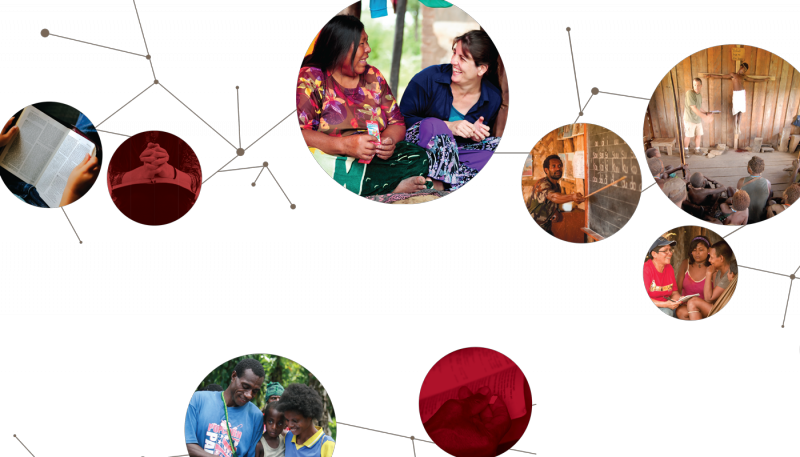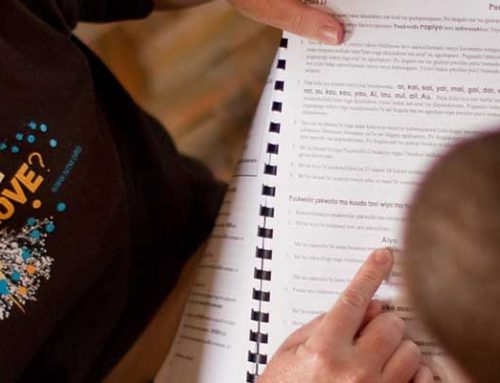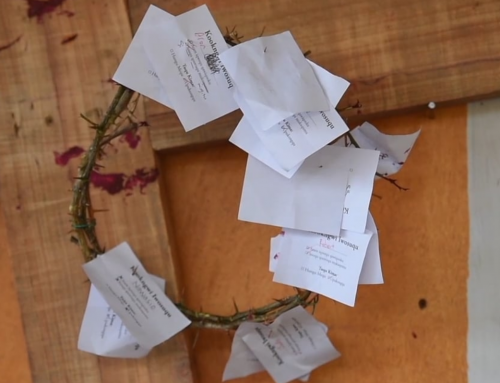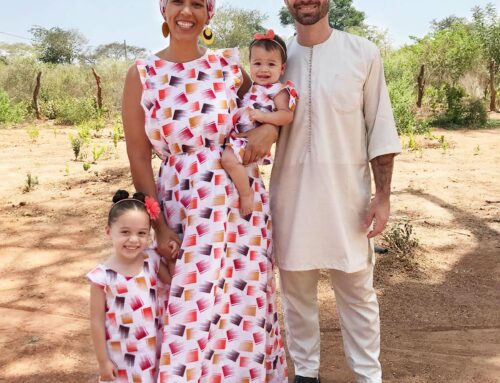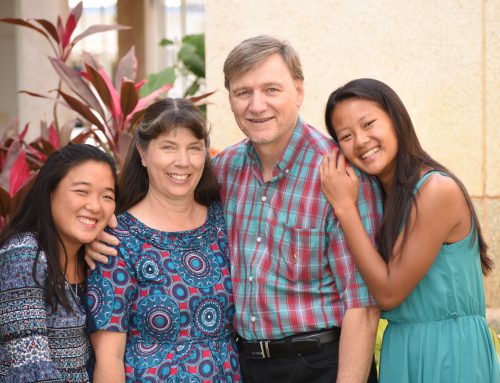We should praise God with each gain in the long process of establishing a thriving church.
Did you ever watch the television show The Biggest Loser?
The show lasted for seventeen seasons, and most people would probably say it was about weight loss.
But the trainers, nutritionists, doctors and others associated with the show would probably have told you it was really about healthy lifestyles, of which weight loss is just part.
You know, I feel like those trainers, nutritionists and doctors as I look at this issue of the magazine.
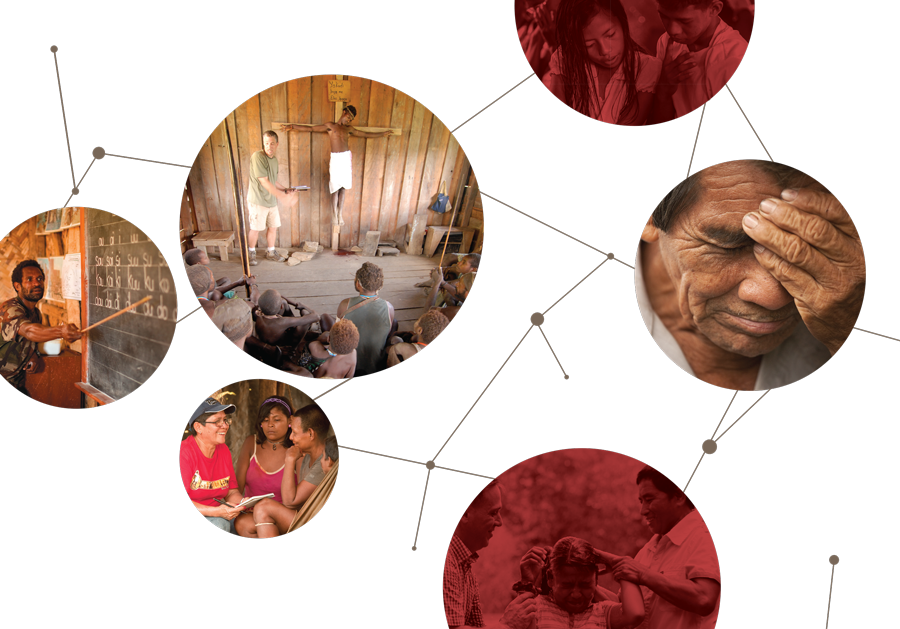
Starting on page 4, we’re making a big deal about the Menya people hearing a clear presentation of the gospel in their own language and responding.
And over in the News section, on page 2, are two brief articles. One is about elders being ordained in the Mibu church; the other is about new elders for the Hewa church.
I almost want to shout, “This is what it’s all about! A thriving church for every people!” I want to point us to the Bible and God’s command to His people to make disciples of all nations in Matthew 28:19. I want to sweep through the book of Acts and demonstrate how the early church carried that command forward: by establishing churches in places that had yet to be reached.
Isn’t the fact that these two churches have elders more important? Are we missing the point by focusing on the Menya people hearing the gospel?
Not really.
The folks who produced The Biggest Loser didn’t just keep the end — a healthy lifestyle — in sight. They celebrated every victory on the road there.
And so should we.
Each step on the road to a thriving church for every people is cause for us to celebrate the goodness of God and praise His name.
So we ought to be celebrating Jeremy and Kimberly Wardlaw’s arrival in West Africa next year and the work Rick and Muriel Oickle are already doing there.
We should praise God for the gospel being shared among the Nahuatl people of Mexico, for the progress on the Bible translation for the Dinangat people of Papua New Guinea and for the baptisms among the Iski people of Papua New Guinea.
We should also thank Him for people like you who pray, give and otherwise encourage missionaries here at home and around the world. We are all co-workers together with Him, and we can and should celebrate the works of His hand together.

